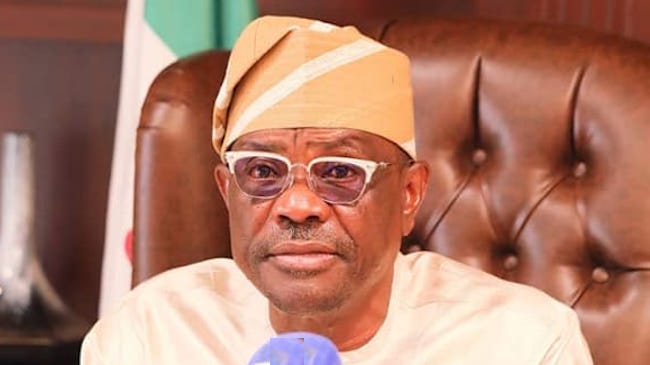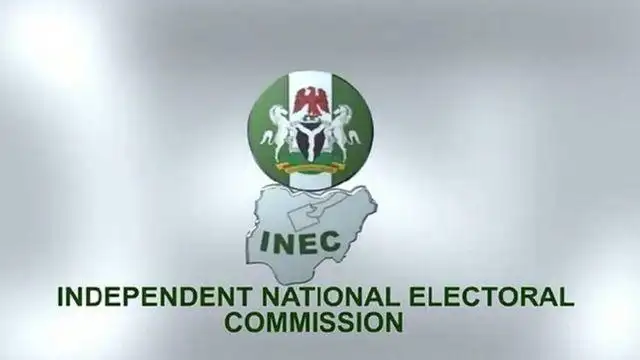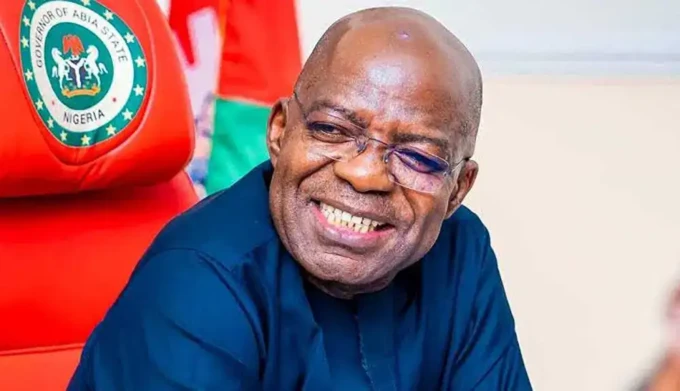Pastor Danladi Jeji, President of the Original Inhabitants Development Association of Abuja (OIDA), has hailed the Arewa Consultative Forum (ACF) for its bold stance against the prolonged political marginalization of Federal Capital Territory (FCT) natives and residents. In a heartfelt statement, Jeji praised the ACF for acknowledging the “statelessness” plaguing FCT inhabitants and amplifying calls for equity, justice, and unity within Nigeria’s federation. This endorsement marks a pivotal moment in the decades-long struggle of FCT natives to secure equal democratic rights, a fight rooted in their ceding of 8,000 square kilometers of ancestral land for Nigeria’s capital without adequate recognition or representation.
Jeji described the ACF’s support as a beacon of hope, urging the forum to sustain its advocacy by championing tangible political reforms. Central to OIDA’s demands is the democratization of the FCT, including the right to elect a governor by 2027, mirroring the governance structure of Lagos State, Nigeria’s commercial hub since 1976. “FCT should be fully recognized as the political capital with equal democratic privileges,” Jeji asserted, emphasizing the need for a governance model that reflects the territory’s status as the seat of national power. He called on the National Assembly and the Independent National Electoral Commission (INEC) to facilitate this transition, proposing four senatorial seats—one for the city center and three for the broader territory—and eight House of Representatives seats to ensure robust representation.
Beyond electoral reforms, Jeji advocated for expanding the FCT’s local government areas from six to 17, addressing the needs of over 858 communities identified in the 2008 Millennium Development Goals report. He also pushed for the establishment of an FCT Development Commission to drive development, resettlement, and economic empowerment for indigenous communities, many of whom live in slums despite their historic sacrifice. “The renewed advocacy is giving FCT natives a sense of hope and belonging,” Jeji noted, invoking Nigeria’s national anthem to underscore their pride and unity: “Nigeria, we hail thee, Our own dear native land, (FCT LAND).”
The push for these reforms aligns with OIDA’s broader mission to correct systemic injustices, as highlighted during their recent sensitization tours across the FCT’s 17 chiefdoms and the 5th FCT Heritage Day on March 1, 2025. Jeji’s appeal resonates with growing sentiments, including those from the Middle Belt Forum, which decried the poverty and marginalization of FCT natives despite their contribution to national unity. With the 2027 elections looming, Jeji reaffirmed the readiness of FCT natives and residents to seize this opportunity for justice, inclusion, and equal representation, urging all stakeholders to act decisively to end their “statelessness” and affirm their place in Nigeria’s democratic fabric.












I think the demand for democratic reforms by Abuja natives is valid, but I wonder how ACFs support will impact the situation.
Interesting read, but I wonder if these demands for democratic reforms will actually lead to tangible change or just more talk.
Shouldnt Abuja natives have more say in their own governance? Interesting debate sparked by OIDA and ACF support. Thoughts?
I find it fascinating how different groups in Abuja are pushing for democratic reforms. Wonder what changes theyll bring!
Im not convinced that the ACFs support is genuine. Lets dig deeper into their motives. Trust but verify!
I think the demands of Abuja natives for democratic reforms are justified. Its time for change and progress. #SupportAbujaNatives
Shouldnt Abuja natives have more say in democratic reforms? ACF support is great, but local voices matter too.
I dont get why some are against democratic reforms in Abuja. Change is good, right? Lets embrace progress!
Do you think the demands of Abuja natives for democratic reforms will actually lead to meaningful change? Im curious to hear everyones thoughts on this!
Shouldnt indigenous voices be at the forefront of democratic reforms in Abuja? Lets prioritize their perspectives! 🗣️
Im not sure if ACF support is necessary for democratic reforms in Abuja. What do you guys think? #DebateTime
Is democratic reform truly the answer for Abuja natives? Lets hear more diverse perspectives on this hot topic! 🤔